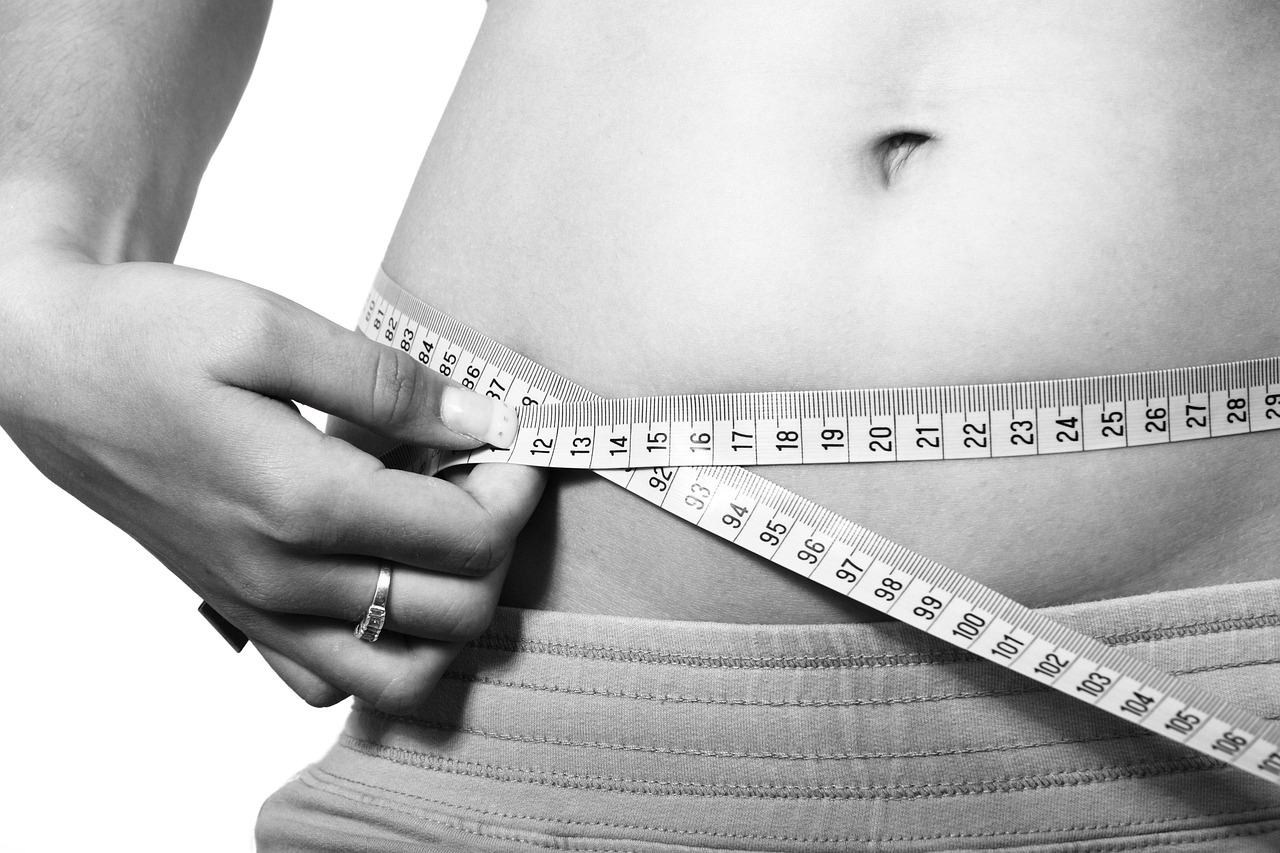Physical and Mental Benefits – How Cycling Contributes to Health
Cycling is not only a popular activity but also an excellent way to improve physical and mental health. In a world where we are often faced with stress and challenges, cycling emerges as a solution that brings numerous benefits.
One of the most important benefits of cycling is improving physical fitness. Regular cycling helps strengthen leg, back, and abdominal muscles, thus improving overall body strength.
This activity is great for the heart, ie cycling increases lung capacity and improves circulation, reducing the risk of heart disease.
In addition, cycling is great for burning calories. Depending on the ride’s intensity, a significant amount of calories can be burned that contribute to maintaining a healthy body weight.
In addition to physical health, mental health is even more important, and cycling can significantly contribute to its improvement. Physical activity releases endorphins, happy hormones that help reduce stress, anxiety, and depression.
Cycling also allows people to connect with nature, which further improves mood and helps reduce mental fatigue.
Cycling can be a form of meditation, but it is also considered an aerobic exercise, which means that its main advantage is the exercise of the heart, blood vessels, and lungs. Many cyclists emphasize the sense of freedom and pleasure they feel while riding, which contributes to their mental well-being.

The number of calories burned during any exercise depends on several factors, including the weight, intensity level, and length of the workout, so cycling can significantly increase calorie burn if the intensity is increased.
A 70 kg person cycling at a moderate pace (about 12 to 14 mph) can burn about 288 calories in 30 minutes and 576 calories in an hour. By increasing the speed to 16 to 19 mph, the same person can burn about 432 calories in 30 minutes and 864 calories in an hour.
If only calorie burning is considered, cycling has little advantage over walking, especially at higher intensity. Besides being a great form of recreation, cycling is also developing into a serious sport.














Post Comment